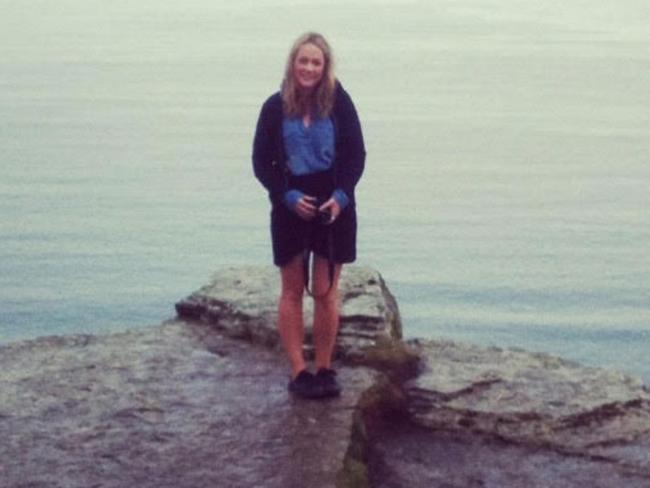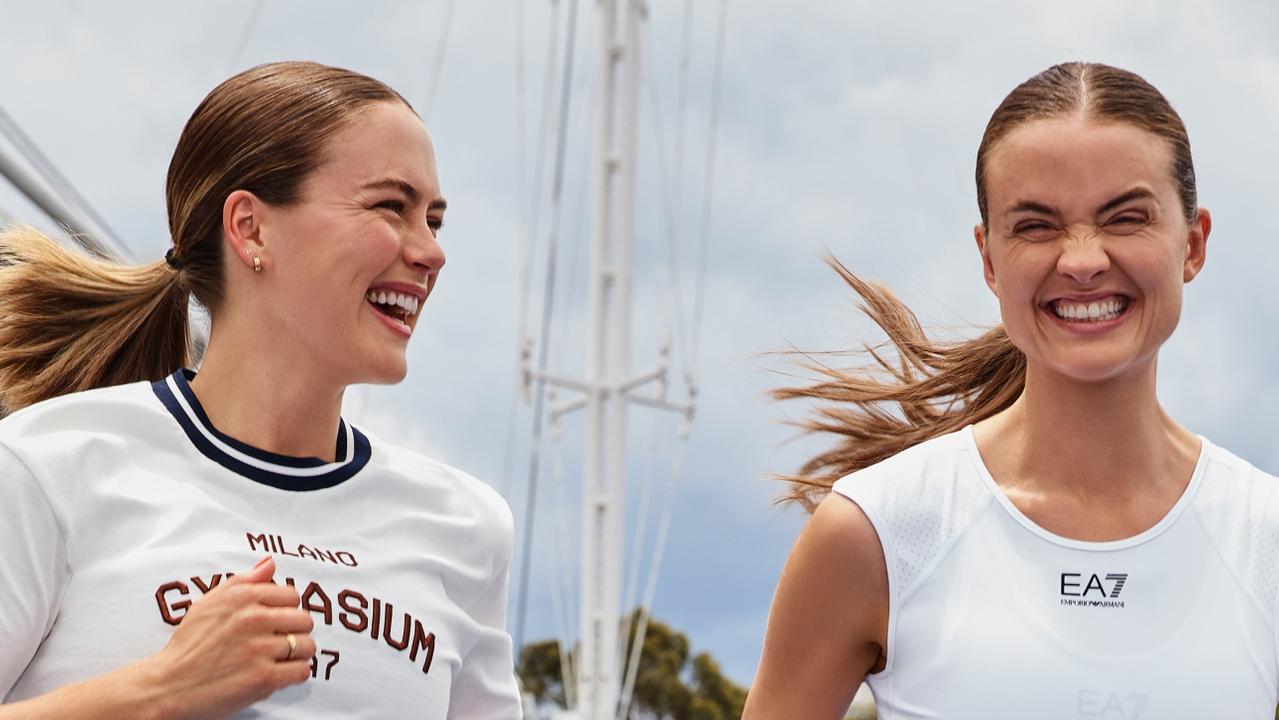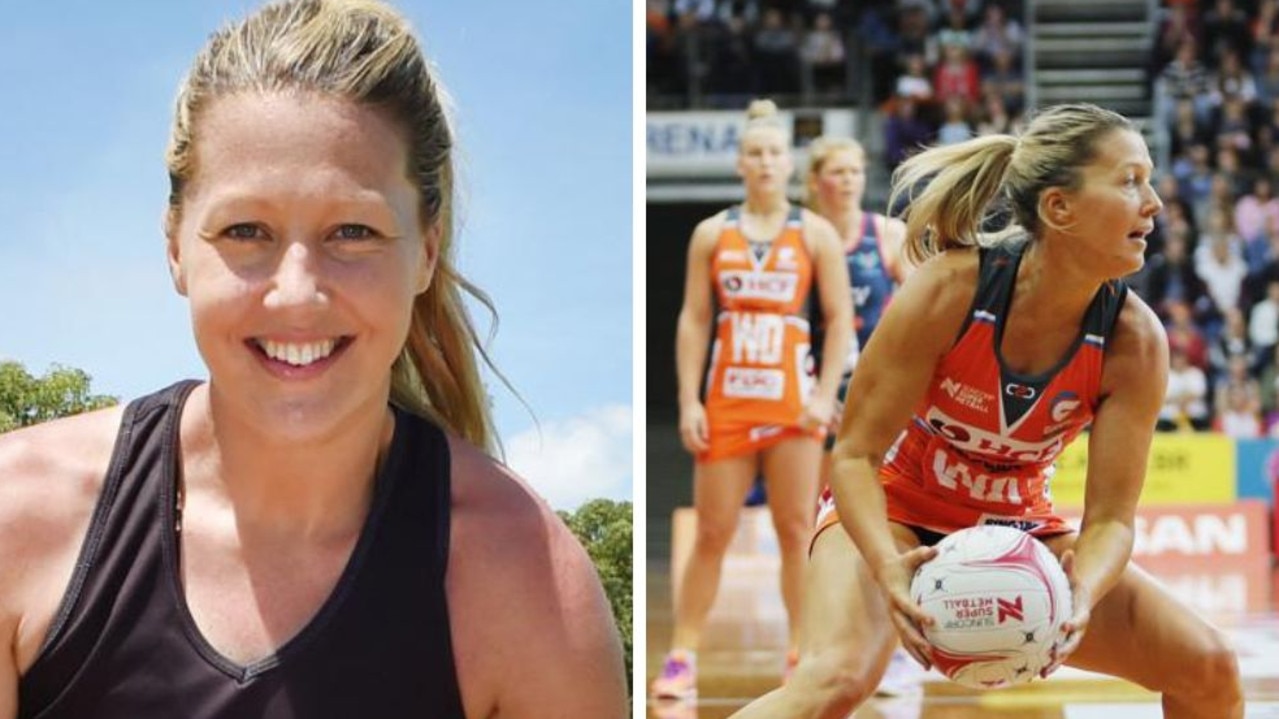Why 31 is the new 21
FORGET coming of age at 21 — these days many of us are hanging onto adolescent ideas and responsibilities until we’re at least 31. So let’s get THAT party started.

FORGET coming of age at 21 — these days many of us are hanging onto adolescent ideas and responsibilities until we’re at least 31. So let’s get THAT party started.
I’m turning 31 later this year, and am quietly planning quite the bash. It’s an often-ignored milestone age that I think deserves celebrating as the modern entrance into adulthood.
For my mum, her 21st was indeed an important coming of age. She’d recently gotten married and would have her first baby (me!) the next year. It was quite the turning point between saying goodbye to her adolescence and hello to the brave new adult world.
For me, turning 21 marked the end of university and the beginnings of a career that would take 10 years to be built to a point that I felt I could even consider taking time off for nappy changes and bedtime stories.

It’s not just my take on the situation either — social researcher Mark McCrindle says the statistics show that we are indeed hitting these traditional milestones much later than in generations gone by.
“People are ‘down-ageing’ — they’ve pushed the various markers of adulthood, like marriage, children, mortgages and careers, back a decade,” he says.
“They almost have an extended adolescence.”
He puts it down to the fact so many of us have been to university — nearly double the number of young adults were attending an educational institution in 2011 than 1976.
“There’s been a phenomenal increase in formal education and therefore not starting work until later,” McCrindle says.
“They’re therefore unable to buy a home until later and have to stay home longer.”
High house prices have also been a contributor to our delayed maturity, according to McCrindle, who says many young people are priced out of the market so pursue other things like travelling.
“Housing is far more unaffordable than a generation or two ago,” he says.
“People in their early 20s could afford the average home, or at least a mortgage on it, but that’s not the case now. In 1975, the average capital city house price was five times the average earnings. Today the average capital city house price is 10 times the average annual earnings.”
These economic restraints mean we’re less likely to be in a financial position to start a family until we’re older and the average age of first time mothers is 31 in Victoria and the ACT and 30 in other states.
But 31 is not just the new age for settling down. Many people are starting to ramp up the adventure and move cities or countries to have the gap years they never had as 21-year-olds.
Take my graphic designer friend Sophie Machin — just shy of her 30th, she’s about to move to Edinburgh to spend a couple of years exploring Europe.

“I feel more confident and relaxed now than I did in my early 20s,” she says.
“I was at uni at that age and was restricted by money. Now I’m earning more and have an established career that allows me to work anywhere in the world.”
Sophie says it helps that there’s less pressure to settle down these days.
“It’s not, ‘Why aren’t you getting married and having kids?’ It’s more like, ‘Wow that’s fantastic’,” she says.
“It would be boring if we all did things at the same time.”
Whether we consciously consider it or not, McCrindle says the fact we are likely to live longer also takes the pressure off the serious stuff in our 20s.
“Young females today have a life expectancy of 93.6 and for males its 91.5 years old,” McCrindle points out.
“There’s an attitude of, ‘We’re here for longer, so let’s pace ourselves and enjoy the journey’. There’s almost this sense of, ‘I can take some of those retirement years and spread them through the rest of my life’.”



